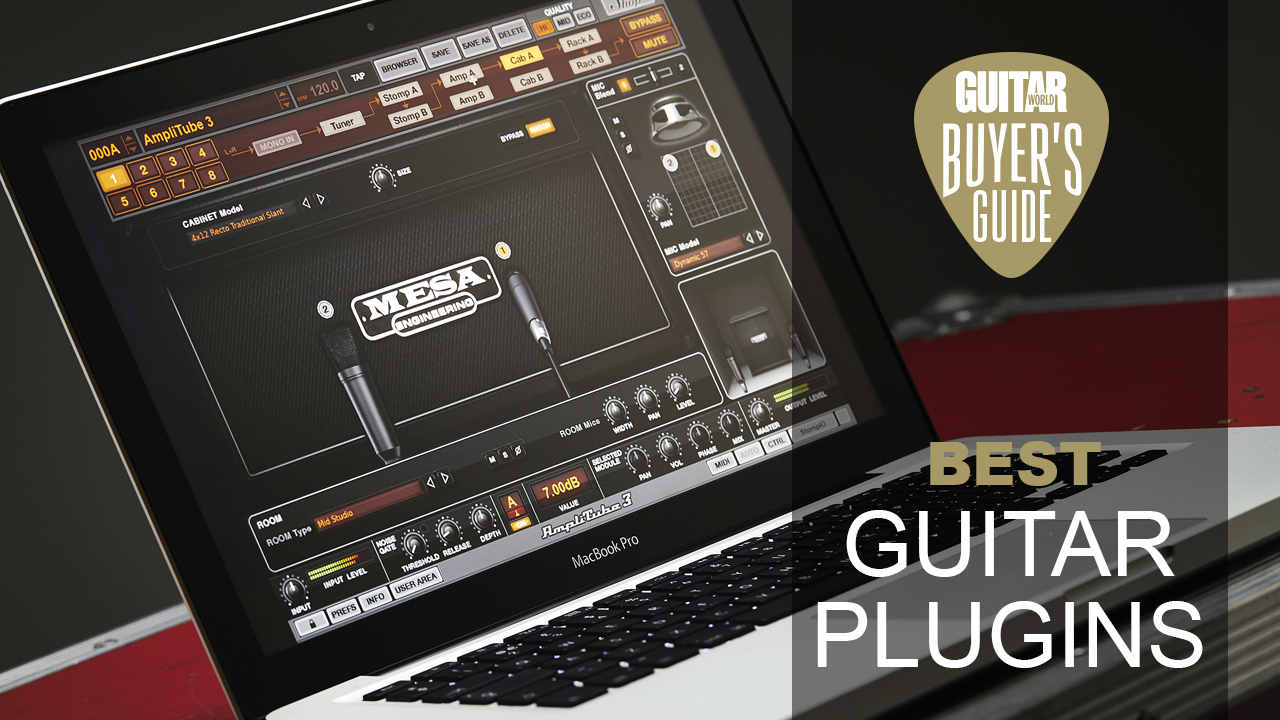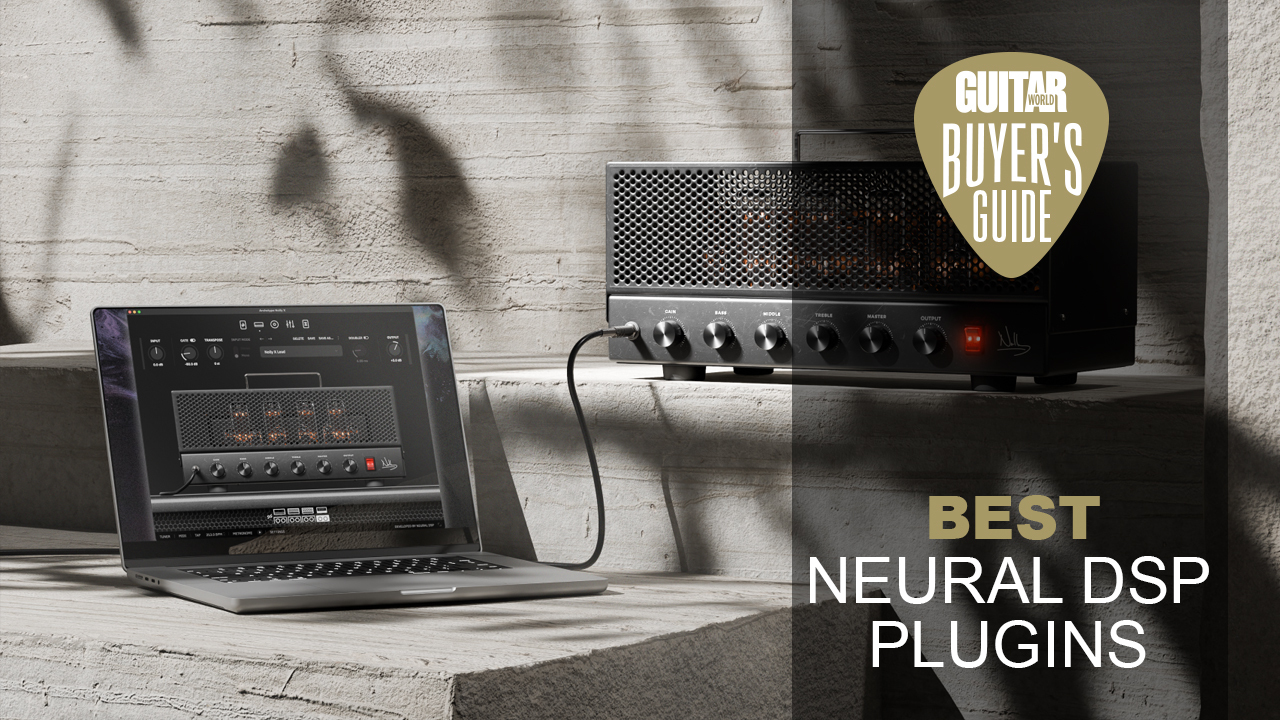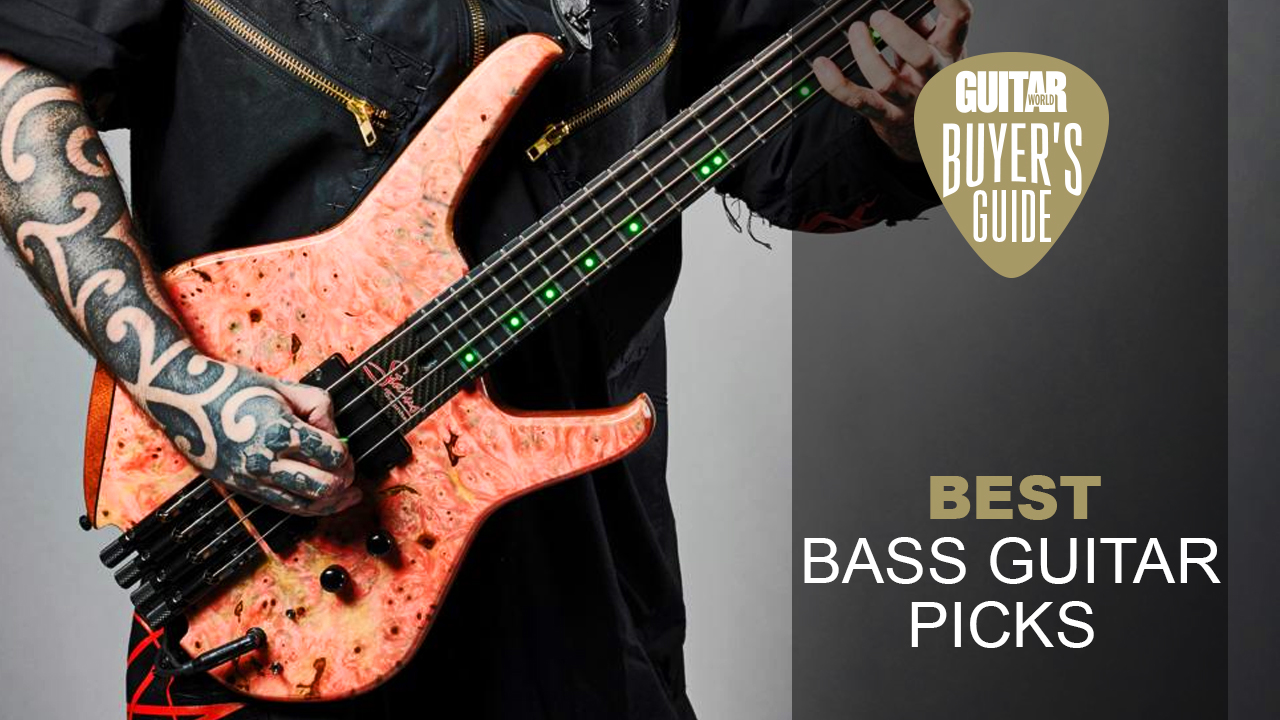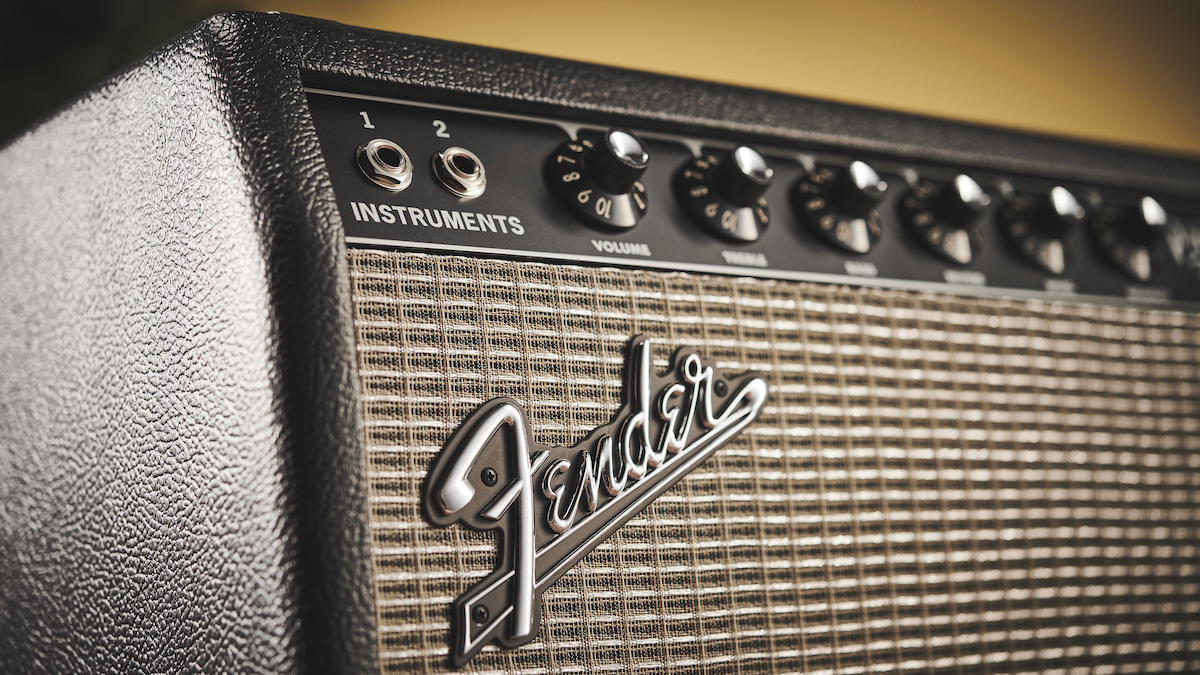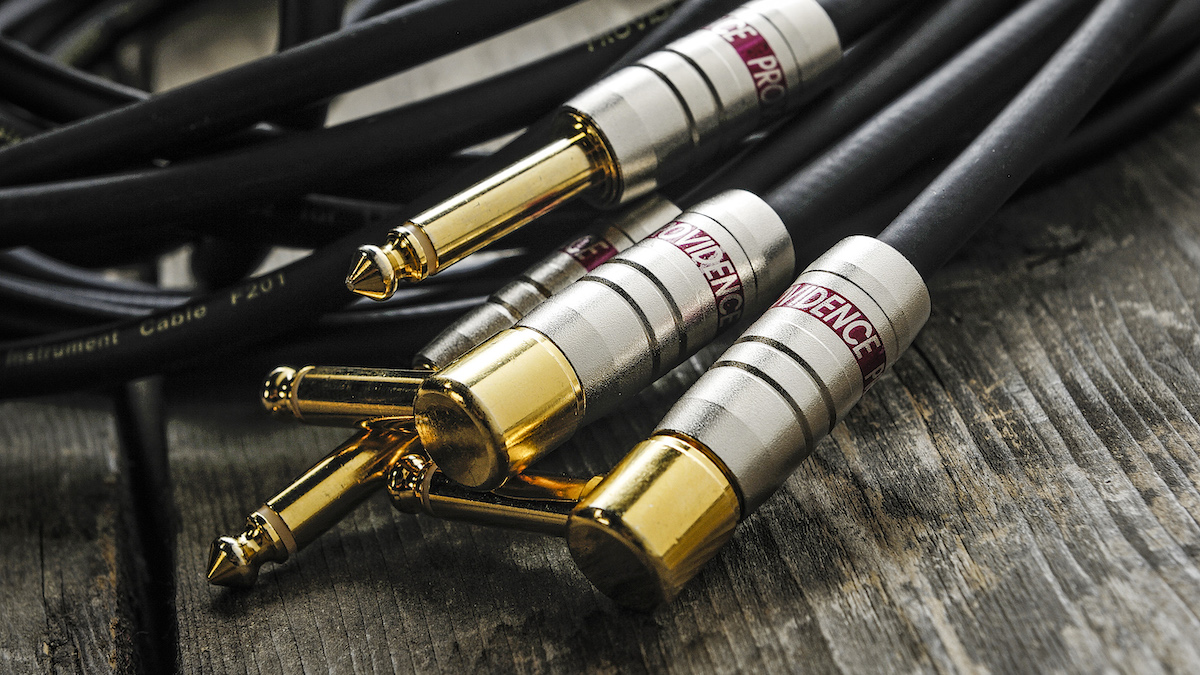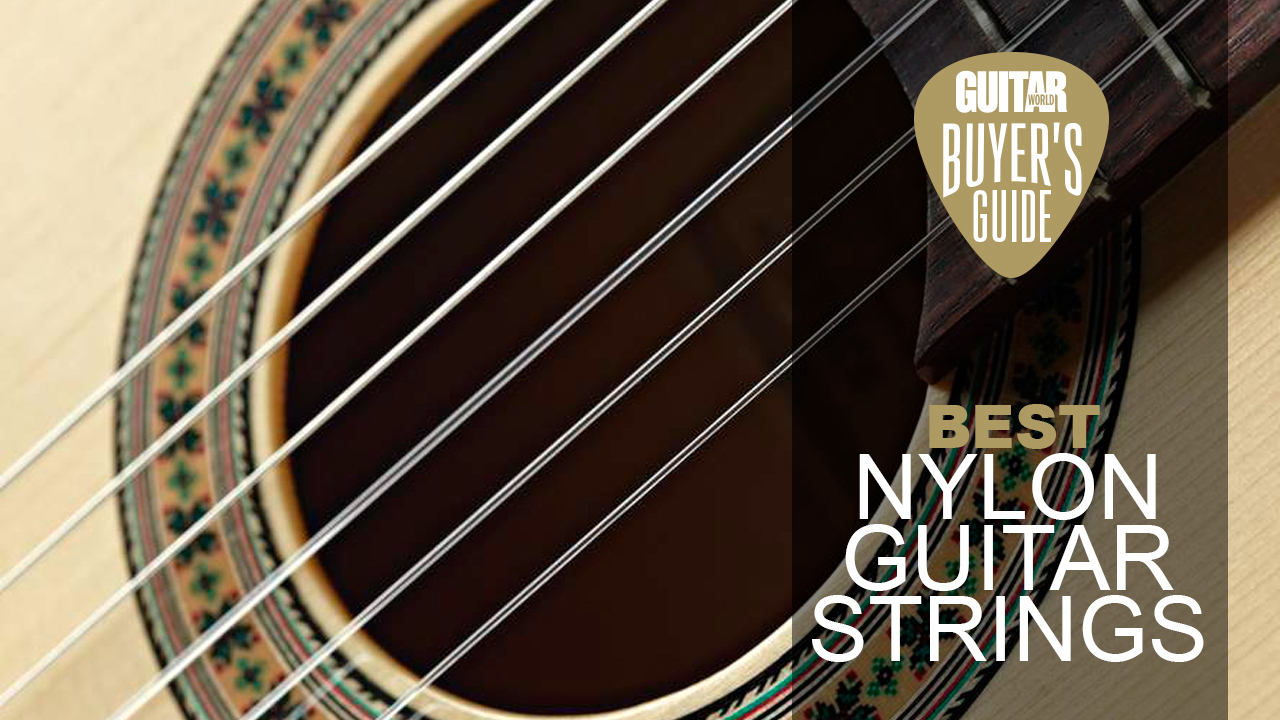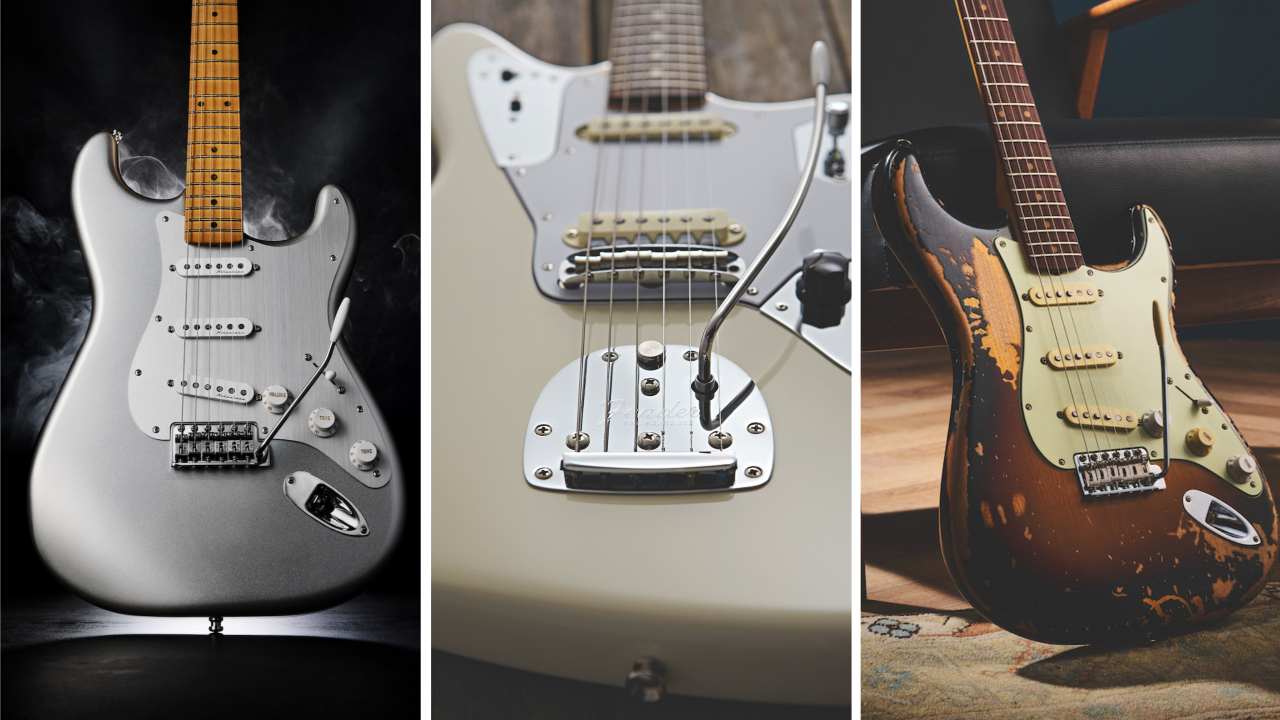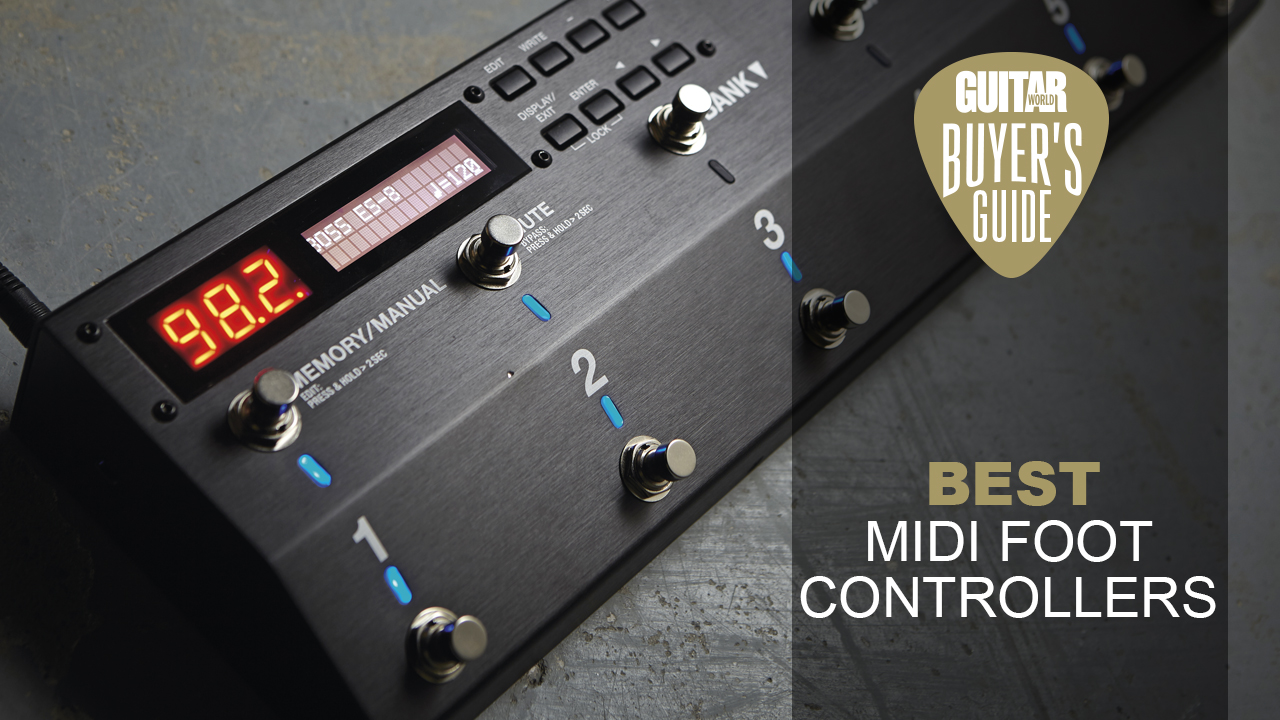Best pedals for blues 2025: Overdrives, reverbs and more, primed for blues
Assembling a pedalboard for a blues gig? Start here with our picks from Ibanez, Analogman, Boss and more...
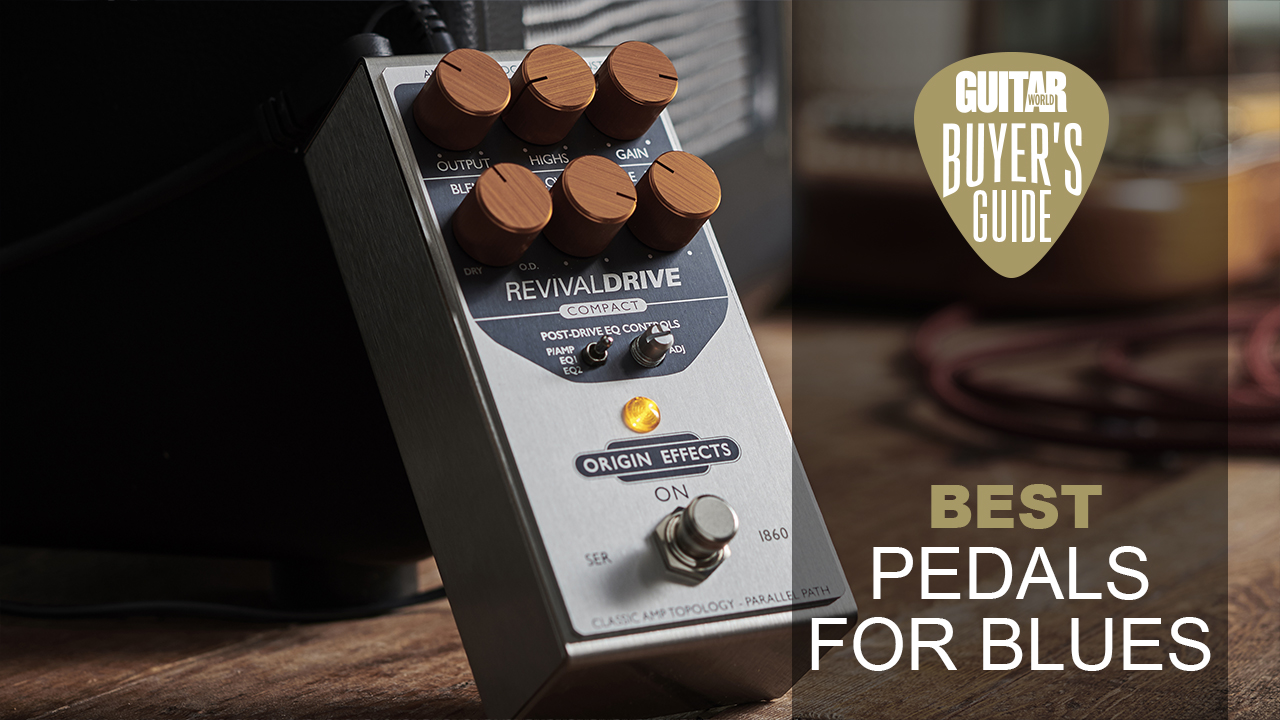
Whether it’s to play out or just to jam at home, more blues ‘boards are assembled than any other kind of pedalboard. For a genre which centres around raw, gritty and simple tones, players have got myriad options when it comes to the best blues pedals with which to populate their ‘board – so it’s important to make sure the right decisions are made for your sound, and your style.
Typically, blues tones are harmonically rich, overdriven affairs. When working at high volumes, this wholesome drive tone is achievable with a cranked tube amp – but those ‘high-volume moments’ are few and far between for most of us. That’s where the best blues pedals enter the fray.
A simple pedalboard consisting of a great overdrive, delay and reverb pedal is really all you’ll need to nail a huge range of archetypal blues tones and while adding extra time-based and modulation effects will broaden your palette, getting these basic tones nailed first is a must. A spaceship-style pedalboard is admittedly tempting, but in this scenario it can only be described as overkill. You’re not playing jazz fusion, after all.
Thankfully, seeing as a great blues ‘board can be achieved with only a few pedals, the amount of money you spend needn’t be huge. We live in an age where there are some fantastic cheap pedals around too – as well as a massive selection of clones – so those Tube Screamer or Klon Centaur tones have never been more financially accessible.
We’ve included some in-depth buying advice at the end of this guide, so if you’d like to read more about the best blues pedals and what to know when buying them head straight there. If you’d rather just get to the products, keep scrolling.
Best pedals for blues: Guitar World’s Choice
As any Fender Twin owner knows, the two most essential tools in the blues player's arsenal are dirt and reverb. With that in mind, we have two essential pedals for blues players at the very top of our list.
First is overdrive. There are a variety of options here, but the best value and most consistent across different amp voicings is the Ibanez Tubescreamer Mini. Then, if you want to break the bank, there's always the excellent Origin Effects RevivalDrive Compact.
On the reverb pedal front, we'd recommend the expensive but superlative Anasounds Element reverb. If you already have a decent tube amp with a spring reverb, then investigate a delay pedal instead, but no emulation comes close to the sound of real springs. By creating a modular, pedalboard-friendly true spring reverb, Anasounds have knocked it out of the park.
Best pedals for blues: Product guide
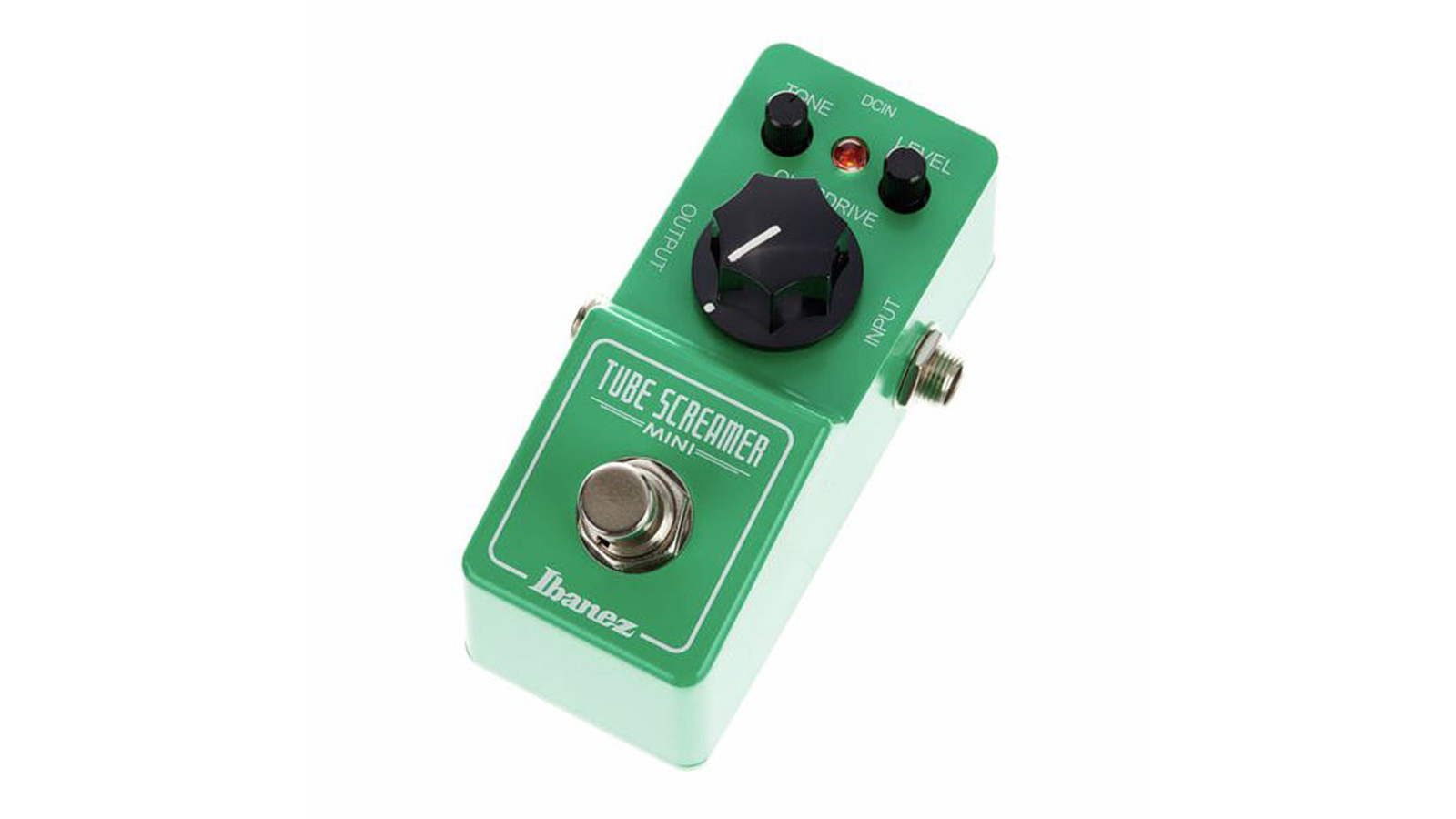
1. Ibanez Tubescreamer Mini
Our expert review:
Specifications
Reasons to buy
Reasons to avoid
Not only is the Tubescreamer an excellent overdrive pedal in its own right, but it's also an effective boost pedal.
Rolling back the overdrive cleans it up, but there's still more than enough gain on tap to smash an amp into tube saturation.
Known for its 'mid bump' at around 1kHz, the Tubescreamer pushes your guitar forward in the mids, perfect for lead lines. This mini version leaves more room for other stompboxes, too.
Read the full Ibanez Tubescreamer Mini review
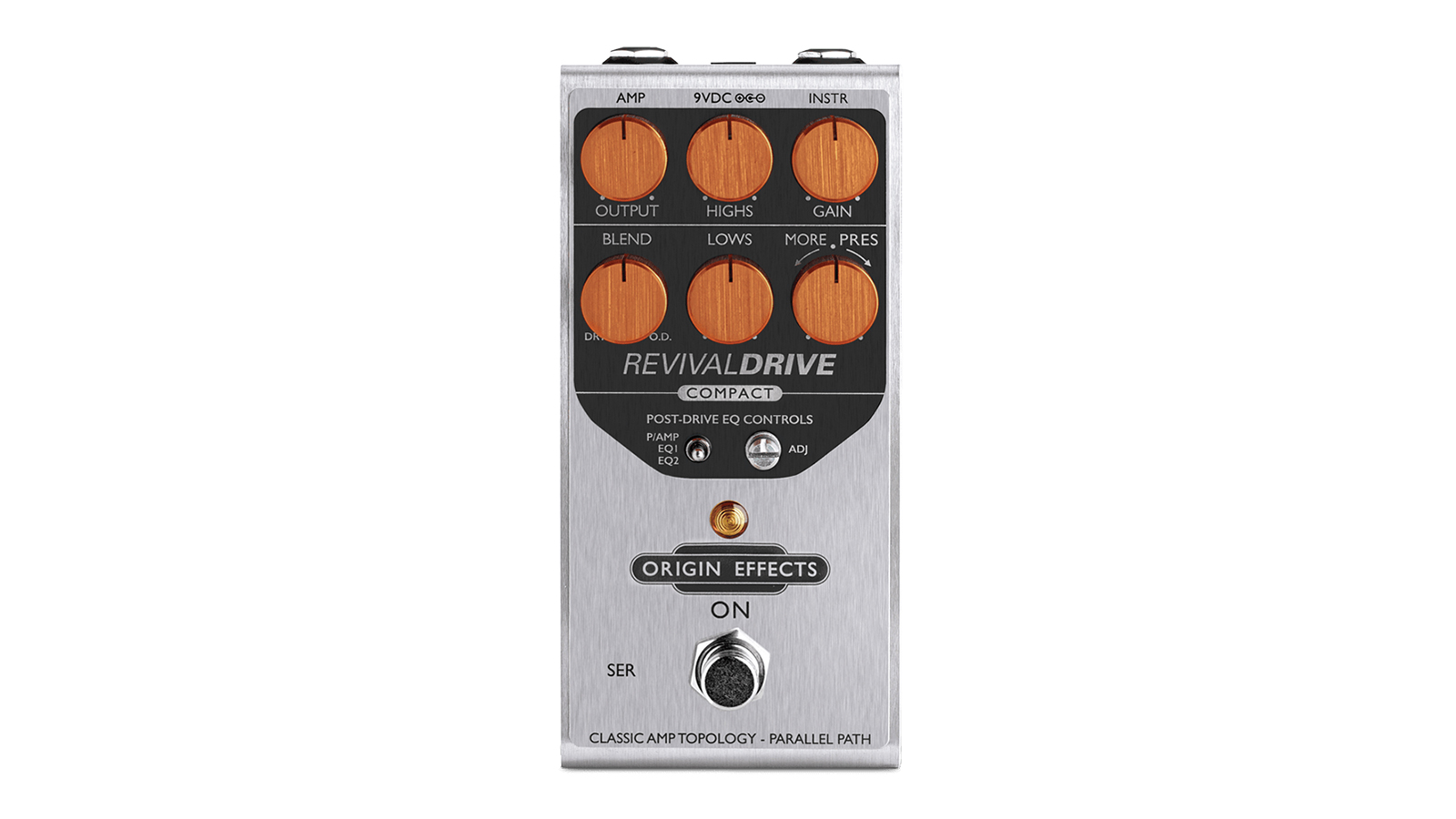
Specifications
Reasons to buy
Reasons to avoid
More of an 'amp in a box' than a straightforward overdrive, the complex but rewarding Revival Drive Compact is nevertheless slightly more approachable than its bigger brother.
It takes some dialling in, but the results speak for themselves. It's a very versatile and touch-sensitive overdrive that responds well to the player, without feeling over compressed.
Read the full Origin Effects RevivalDrive Compact review
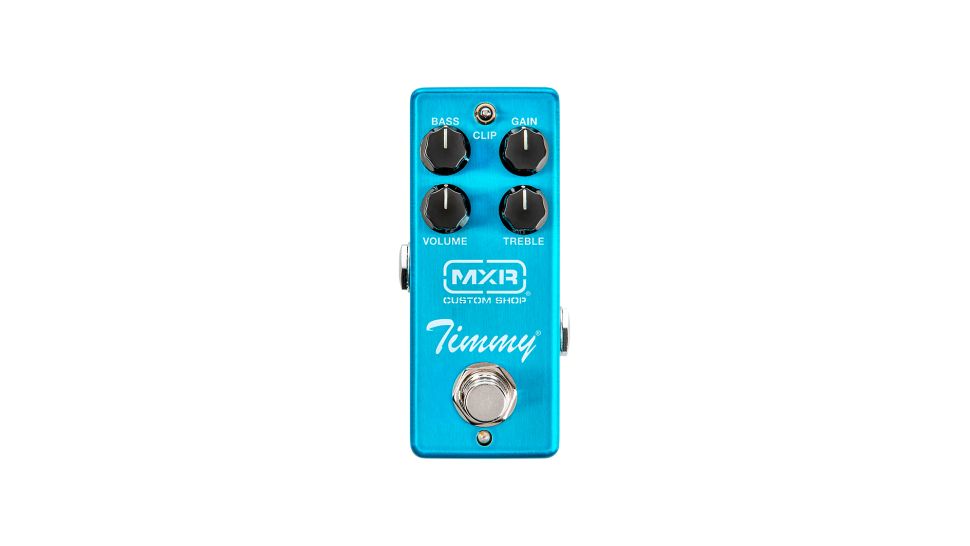
Specifications
Reasons to buy
Reasons to avoid
Riding the first wave of boutique drive pedals, Paul Cochrane's Timmy was a breath of fresh air.
Fairly priced, and open and un-compressed in voicing, it offered a radically different take on the op-amp overdrive from the dominant Tubescreamer.
The result, as well as its two-band EQ, is an incredible boost for use with tube amps, as well as a standalone dirty drive that can get pretty raucous at higher gain settings.
Read the full MXR Timmy review
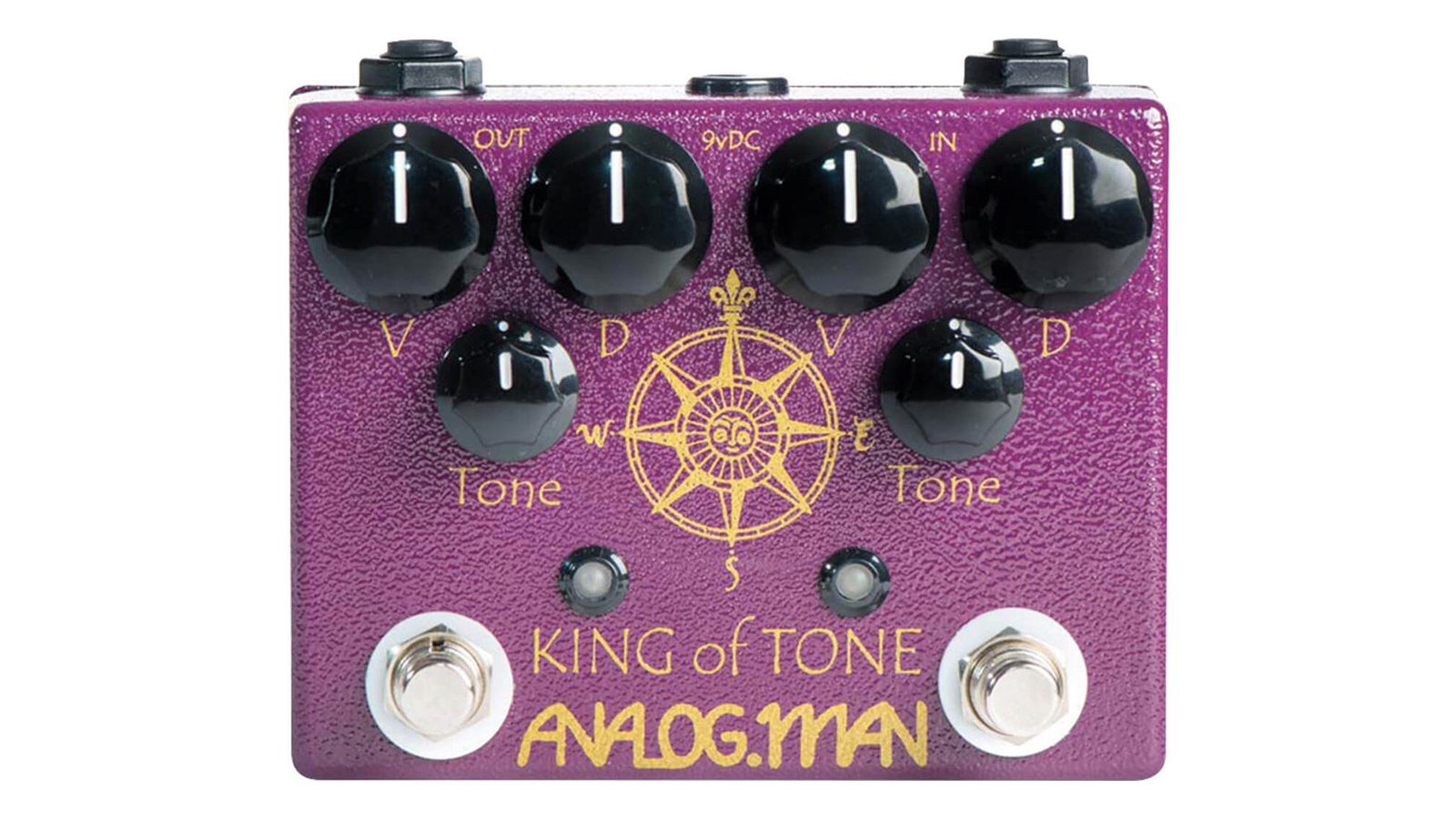
4. Analogman King Of Tone
Our expert review:
Specifications
Reasons to buy
Reasons to avoid
The King of Tone builds on both the Ibanez Tubescreamer and Marshall Bluesbreaker circuits to create a novel op-amp based overdrive.
Then, because there's no such thing as too much of a good thing, Analogman put a second circuit in the same box.
The end result is two channels of overdrive joy, and it's easy to see why so many players swear by it.
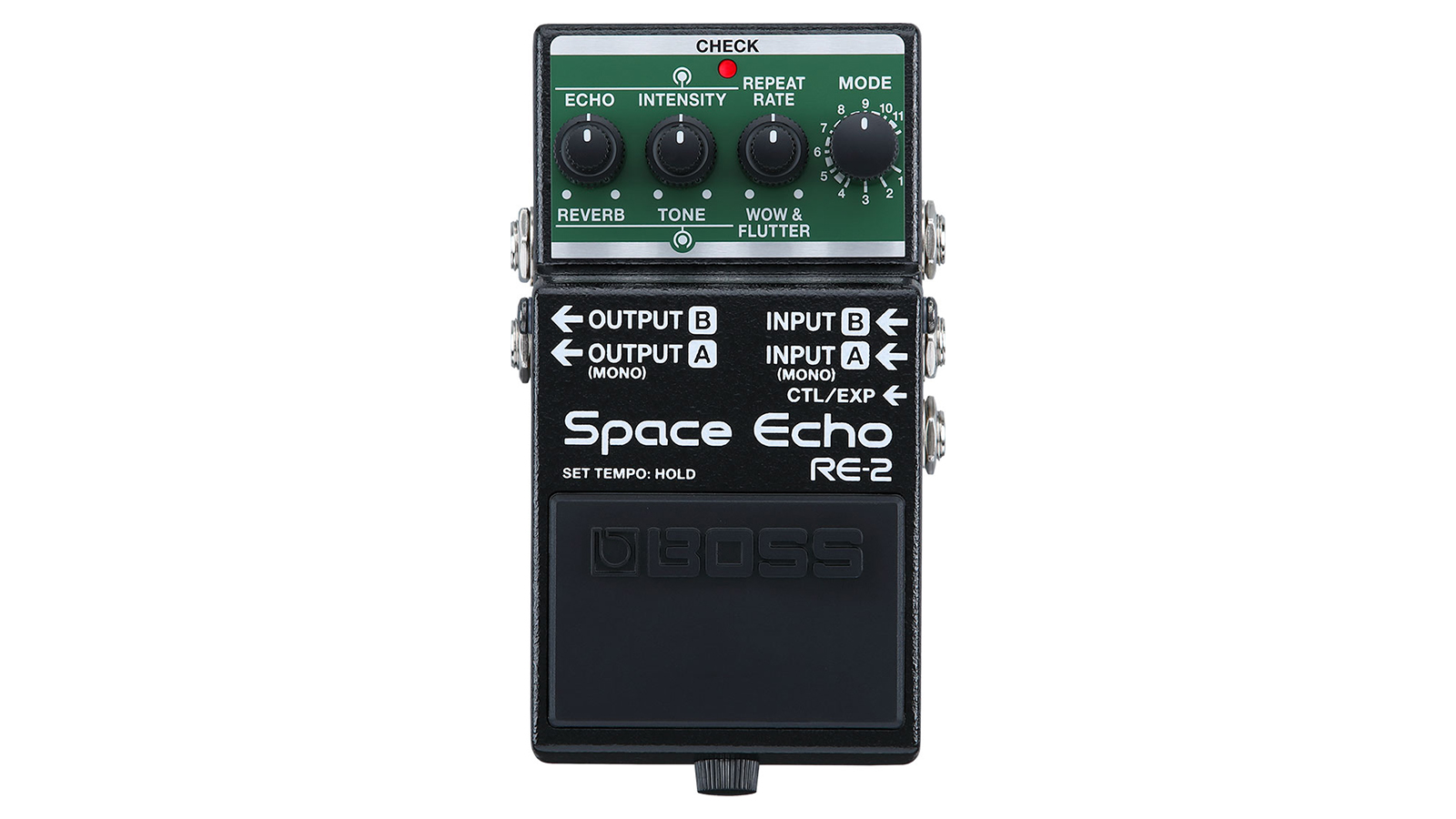
5. Boss RE-2 Space Echo
Our expert review:
Specifications
Reasons to buy
Reasons to avoid
The RE-2 is Boss's most recent take on their venerable Space Echo tape machine.
In their most compact form-factor yet, they've crammed all of the key functionality in, and the sound quality is better than ever.
The result is a warm and organic-sounding tape emulation that blends well in a mix, and sounds amazing while just jamming lead lines too.
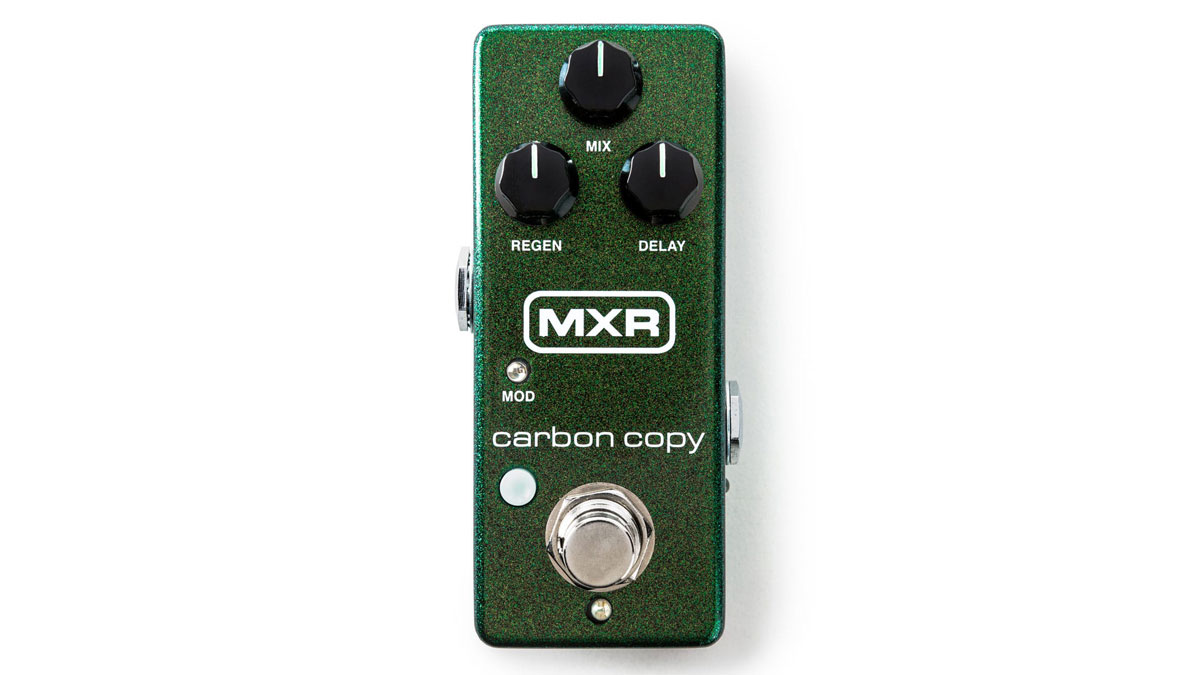
6. MXR Carbon Copy Mini delay
Our expert review:
Specifications
Reasons to buy
Reasons to avoid
The pristine nature of digital repeats means that for blues playing you're better off with darker analog delays. Here, the Carbon Copy is an absolute workhorse.
Not only do you get a great sounding and intuitive delay, but there's a simple button to engage modulation on the tails too.
The Mini adds not only a new, slimmed-down size, but the ability to switch between classic and bright voicing, making it effectively two pedals in one.
Read the full MXR Carbon Copy Mini review
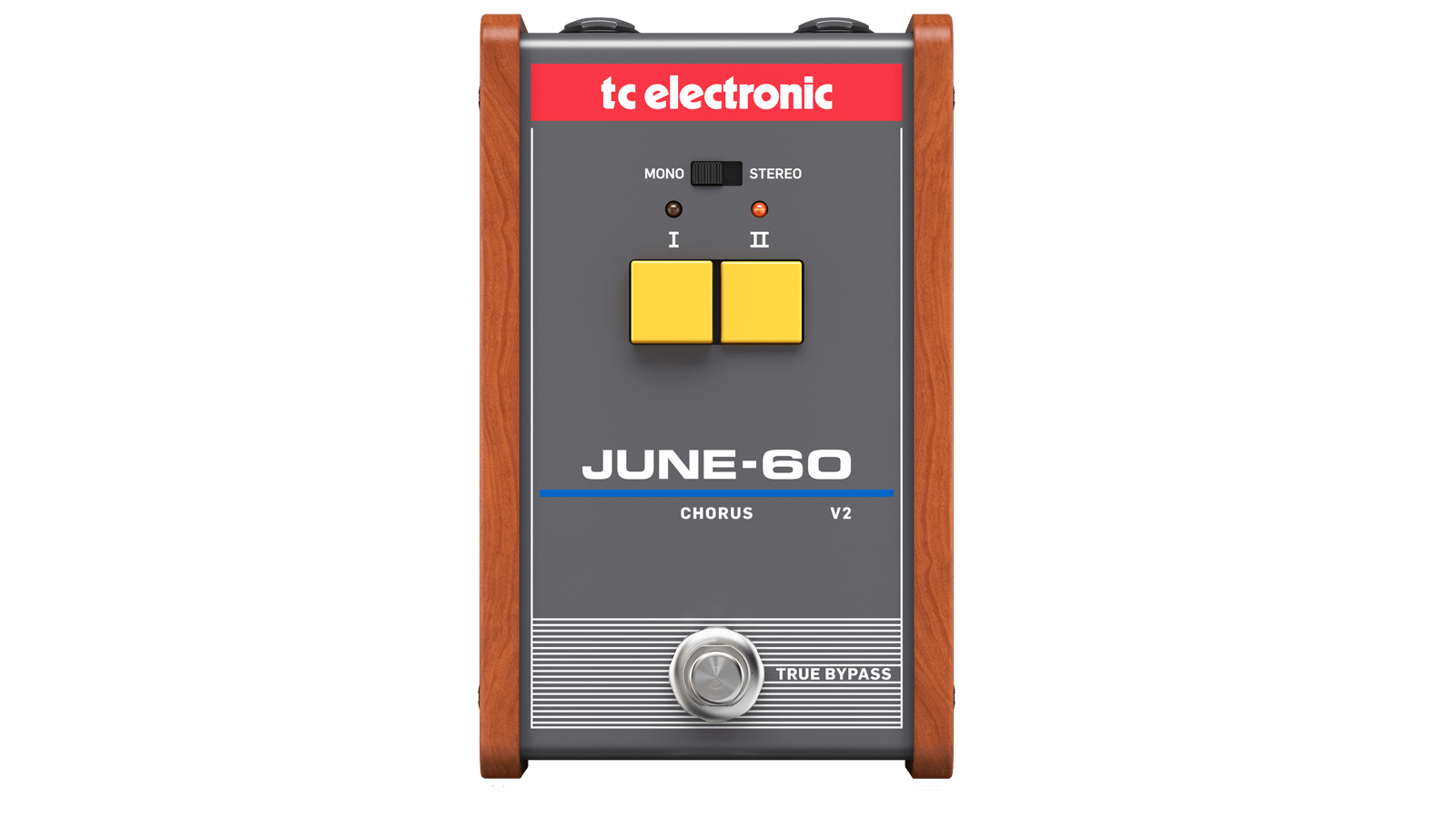
7. TC Electronic June 60 V2
Our expert review:
Specifications
Reasons to buy
Reasons to avoid
Though Uni-Vibe is a more common additional timbre thrown into the blues mix, certain chorus pedals can fill a similar niche.
Chief among them is the vintage-themed June 60, a streamlined chorus pedal based on the Roland Juno 60 synth's chorus section.
Don't be fooled by that description, however. For 6-string players, it has two speeds, stereo output and additional controls on the inside. It's not a subtle chorus, hence when paired with some overdrives it can fill a similar sonic interest role as a Uni-Vibe style pedal.
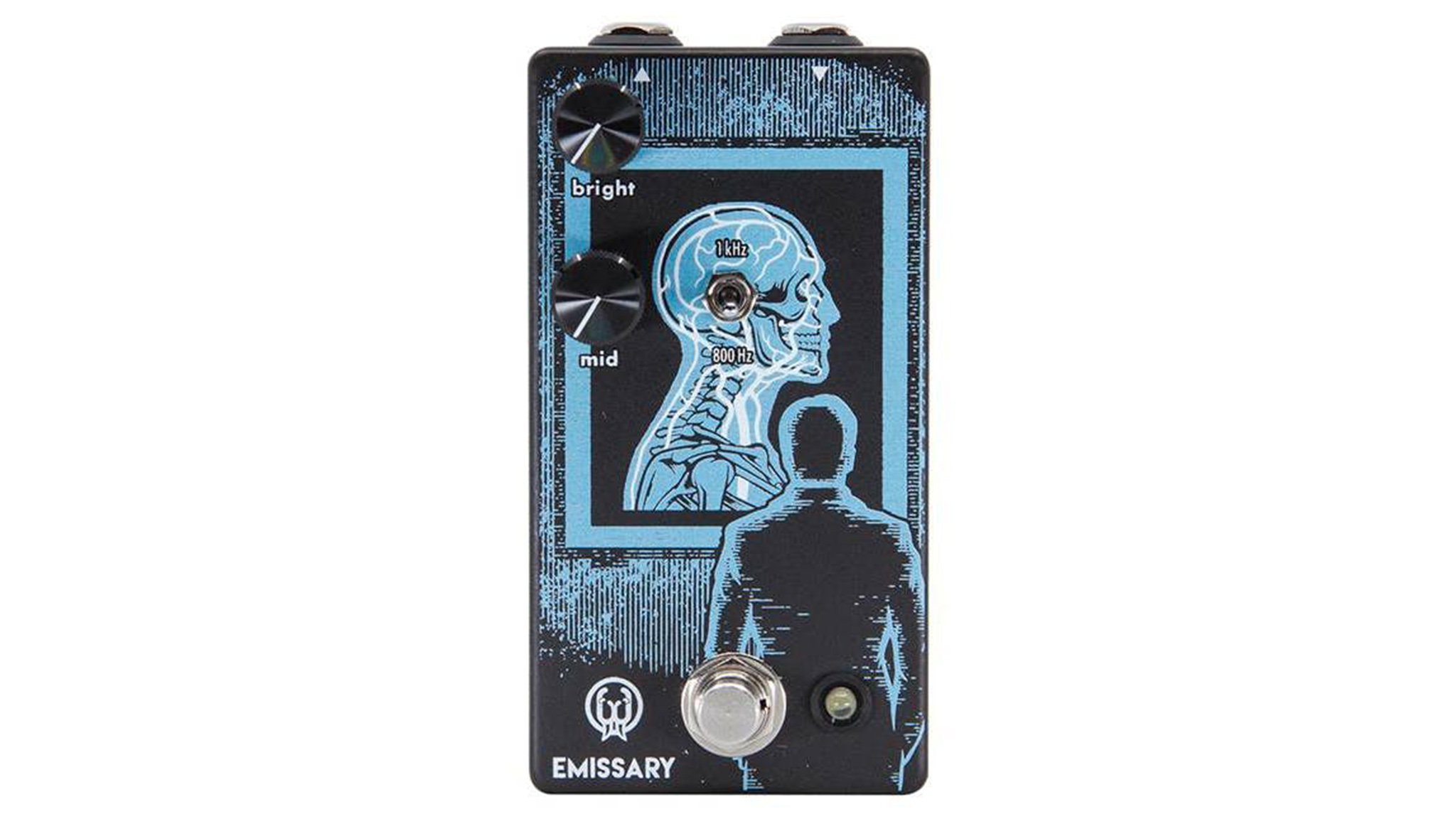
8. Walrus Audio Emissary Parallel Boost
Our expert review:
Specifications
Reasons to buy
Reasons to avoid
The Emissary takes a rather different approach to boost. It's actually two boost circuits summed at the output. What this means is that it has a unique character, rich with harmonics and overtones.
One of the voices is a bright JFET boost, while the other is an op-amp boost with a variable EQ that can be set to 1kHz or 800Hz, suggesting that it's a single-knob Tubescreamer reimagined as a boost.
Whatever the truth under the hood, it's a sweet and unique boost that rewards dynamic playing.
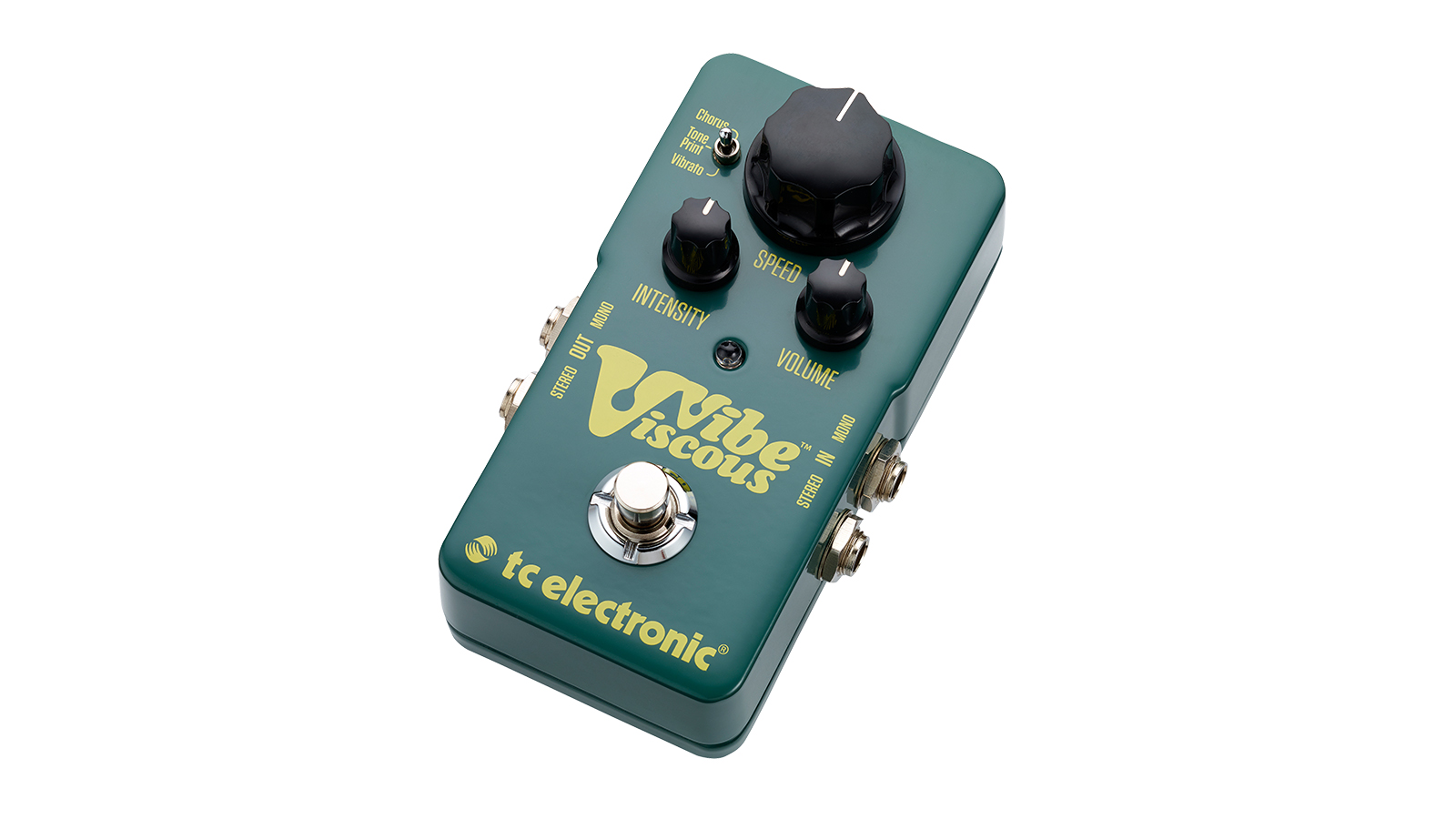
9. TC Electronic Viscous Vibe
Our expert review:
Specifications
Reasons to buy
Reasons to avoid
Many Uni-Vibe emulations are bank-breaking, or complex re-imaginations of the original.
For players that don't need complexity, but want a decent enough emulation to use for certain parts, there's the Viscous Vibe, a digital emulation of the Shin-Ei original.
Although it doesn't have an expression input, it's full stereo, and boasts a secondary chorus mode for added flexibility.
Read the full TC Electronic Viscous Vibe review
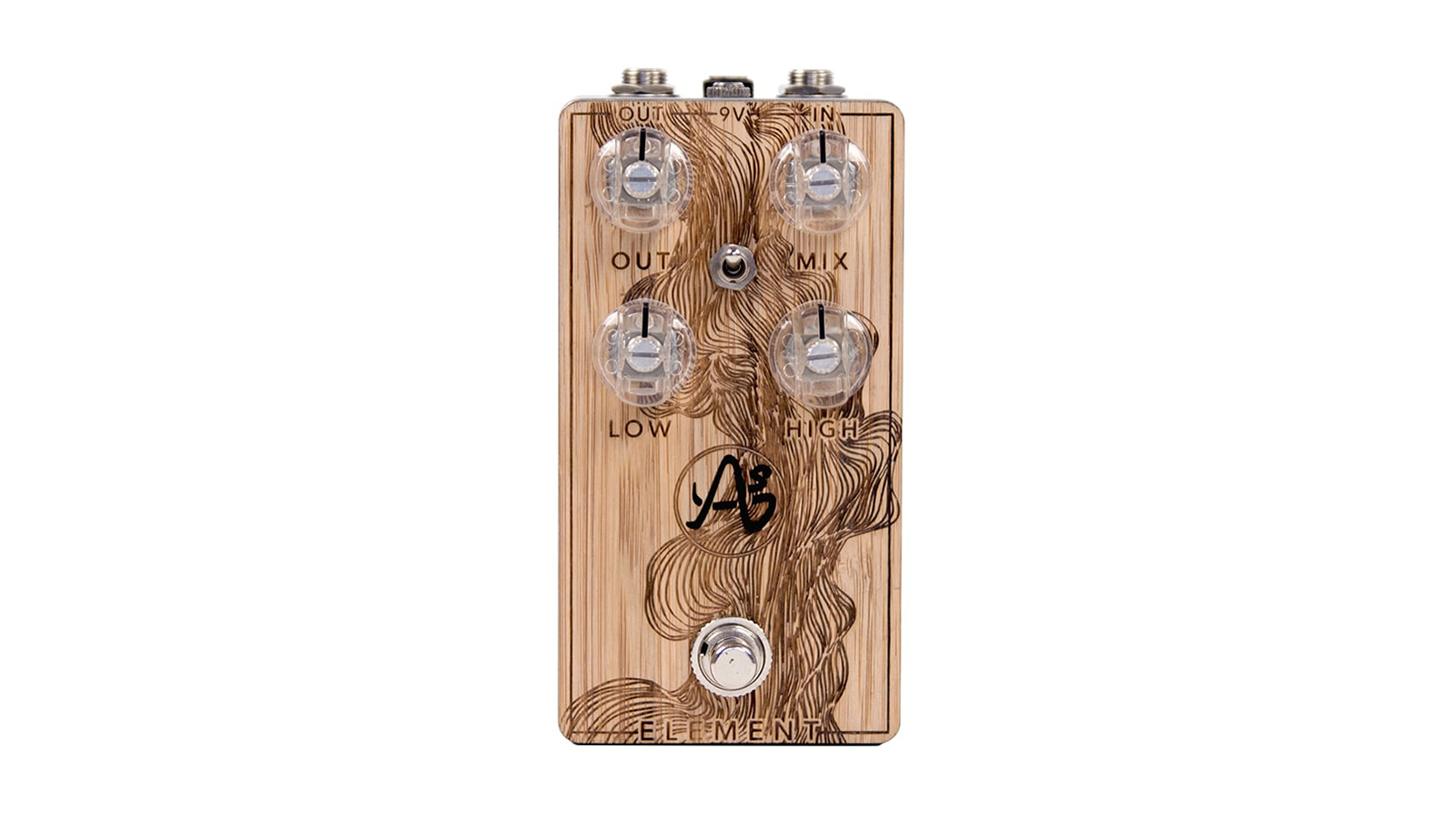
10. Anasounds Element Spring Reverb
Our expert review:
Specifications
Reasons to buy
Reasons to avoid
Why have an emulation when you can have the real thing? That's the reasoning of French pedal company Anasounds, who abandoned the idea of making a spring reverb emulation in favor of making the reverb tank more pedalboard-friendly.
The result is three different sizes of tank that can be mounted under your pedalboard, with a pedal-size controller unit to bypass the tank and change parameters.
Should you want it for studio use, there's even a switcher available which means you can connect up all three tanks and switch between them at will.
Best pedals for blues: buying advice
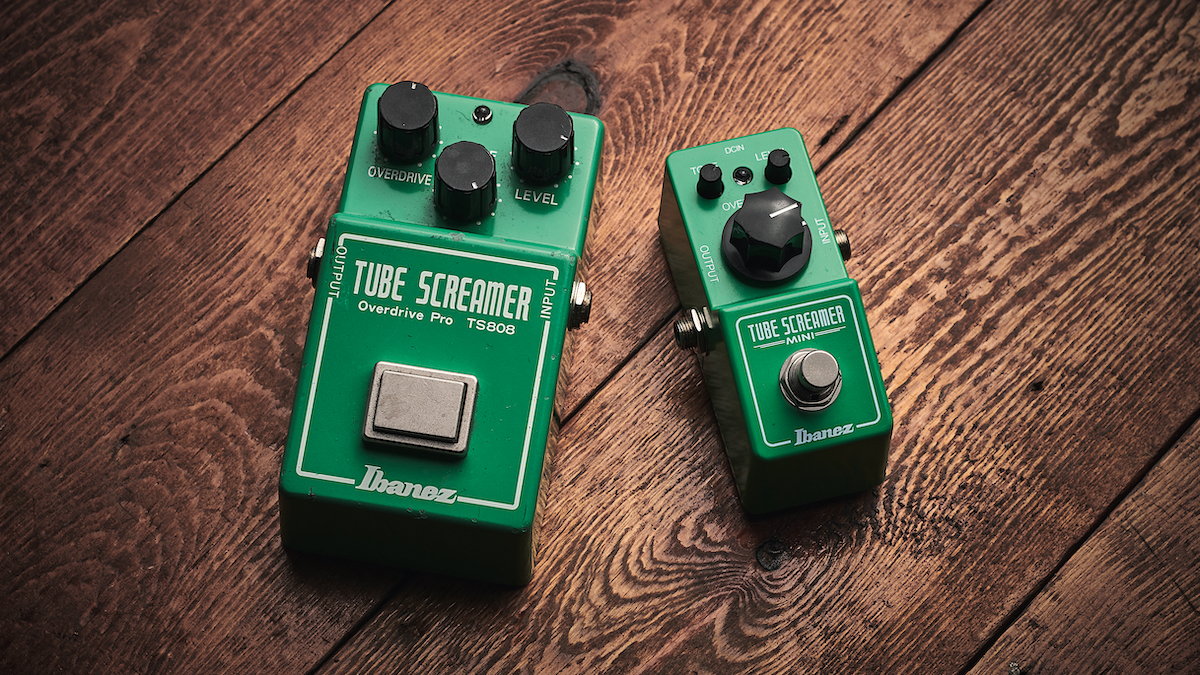
Choosing the best blues pedals for you
You can trust Guitar World
The most important part of getting a great guitar tone – and this counts for pretty much every genre of guitar music, not just blues – is gain staging.
Put simply, that means understanding how all the different amplification stages in your signal chain interact.
In even the most simple rig – guitar into guitar amp – there are at least two stages. The preamp stage, and the power stage.
Most overdrive pedals are a boost pedal with additional soft clipping of the signal that occurs when the pedal is turned up. This clipping makes the guitar signal sound more compressed, and adds overtones, which make it sound louder and more punchy.
However, it's what an overdrive has in common with a boost pedal – the fact that it's a gain stage – that makes it most useful. The level, or output of any overdrive, distortion or boost, is how much gain is added to the input signal.
This is key, as when run into a tube amplifier, even if there is no clipping of the input signal – as in, with a boost versus an overdrive – you will get more saturation and harmonics out of the amplifier.
Particularly for blues players, it's this sweet, tube amp compression that is most sought-after.
Besides the saturation of a tube amp pushed by one or more gain stages, other common sound effects to have in the back pocket for blues players include Uni-Vibe, reverb and delay pedals. Generally speaking, the choice of which extra color to add comes down to a player's taste.
Find out more about how we make our recommendations and how we test each of the products in our buyer's guides.
Related buyer's guides
- Build your board on a budget with the best cheap guitar pedals
- Tidy up your ‘board with the best patch cables
- Pair your pedals with one of the best blues amps
- Accessorize your axe with the best guitar straps
- The best Klon clones for every budget
- Best Fender amps: tube combo, digital modeling and headphone amps
- Expand your playing style with the best Boss pedals
Get The Pick Newsletter
All the latest guitar news, interviews, lessons, reviews, deals and more, direct to your inbox!
Alex Lynham is a gear obsessive who's been collecting and building modern and vintage equipment since he got his first Saturday job. Besides reviewing countless pedals for Total Guitar, he's written guides on how to build your first pedal, how to build a tube amp from a kit, and briefly went viral when he released a glitch delay pedal, the Atom Smasher.

